When most people think about rainforests, they picture vast, green landscapes brimming with wildlife and rich in biodiversity.
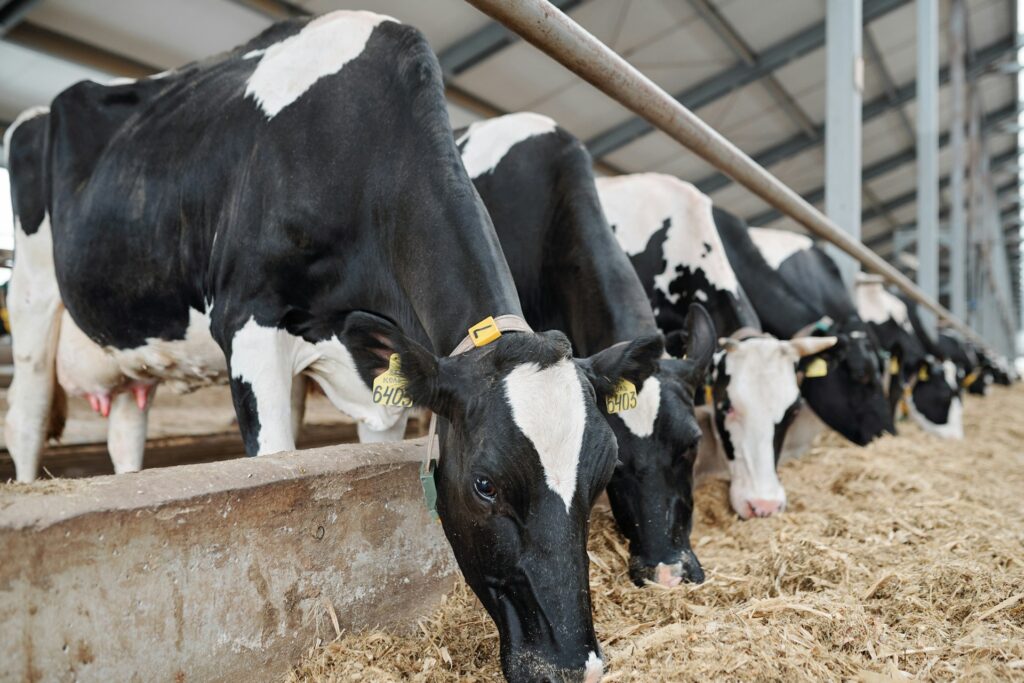
What they may not realise is that those landscapes are being torn down at an alarming rate, and livestock farming is one of the main drivers behind that destruction. In places like the Amazon, huge areas of forest are cleared every year to make room for grazing cattle or to grow crops like soy, which is mostly fed to livestock.
In 2023 alone, Brazil lost over 1.1 million hectares of rainforest, much of it in the Amazon region, according to Global Forest Watch. That’s the equivalent of about two football pitches every minute. And while logging and mining often get the headlines, agriculture, particularly beef production, is doing more damage than most people realise. It’s not just a local issue, either. What happens in these forests affects ecosystems, carbon levels, and weather patterns across the globe.
What’s really driving deforestation?
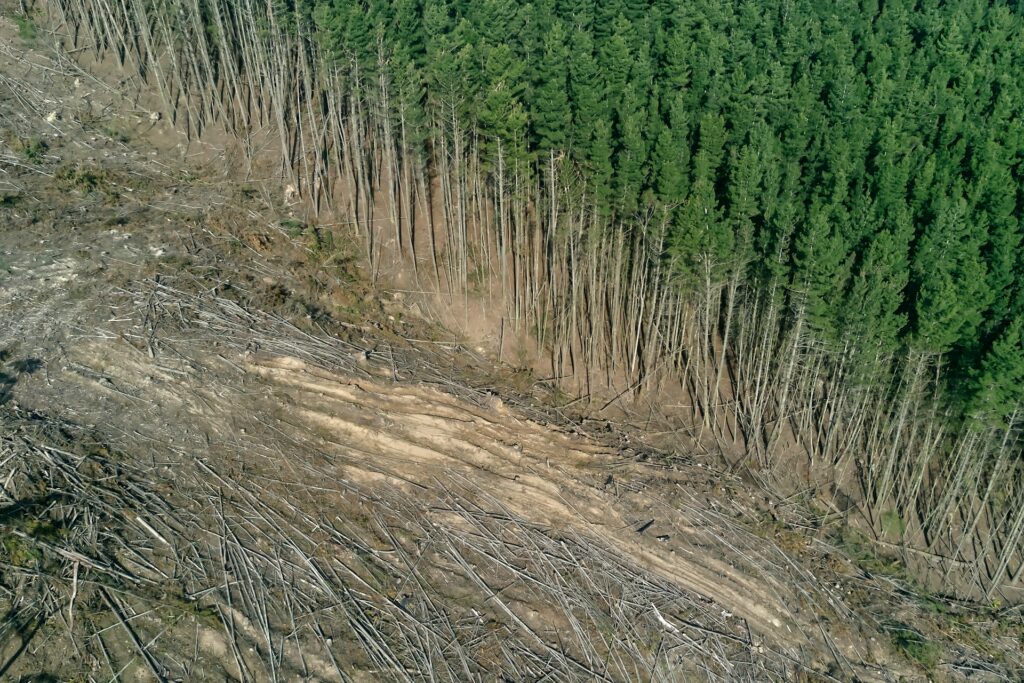
The short answer is meat. Cattle ranching is responsible for roughly 80% of deforestation in the Amazon, WWF reveals. Vast tracts of land are burned and cleared to create pasture for cows, often with little regard for environmental regulation. In many cases, this is done illegally or with tacit approval from local authorities who see short-term economic gain in expanding agriculture. The scale of this is difficult to overstate: ranching operations stretch across territories that once held dense, untouched forest.
Then there’s soy, another major culprit. But despite popular belief, it’s not vegans driving this demand. Over 75% of soy produced globally is used for animal feed, primarily for pigs and poultry (FAO). This means that even people who don’t eat beef are often indirectly contributing to deforestation if they consume other meat products. The cycle is clear: more demand for meat leads to more demand for soy, and more forest gets cleared to meet it.
Industrial farming relies on cheap land and mass-scale monoculture, and rainforest regions are often seen as expendable. With few legal protections in some areas (and weak enforcement in many more), agribusinesses are given a wide berth to do what they like. Once trees are cleared and topsoil is degraded from overgrazing or poor crop rotation, that land becomes unproductive, and the cycle continues somewhere else.
International supply chains also play a big part. Countries and companies buying cheap beef and soy from deforestation hotspots are propping up this destructive model. Without accountability or transparency in sourcing, it’s hard for consumers to make informed choices.
Why this matters beyond the forest
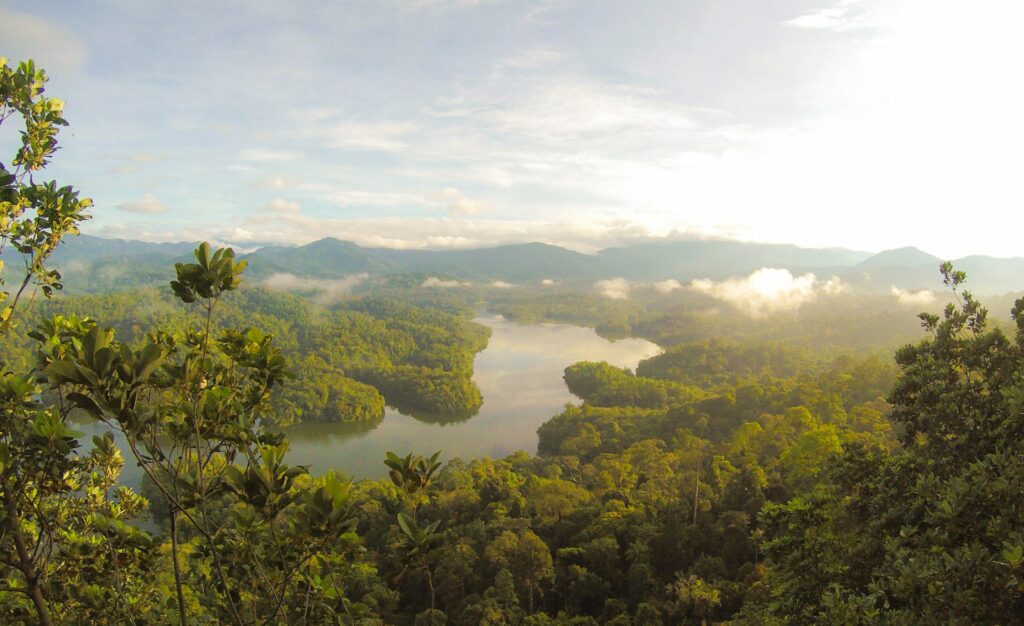
It’s not just about trees. Rainforests play a critical role in absorbing carbon dioxide and regulating the planet’s climate. When they’re cut down or burned, that carbon is released back into the atmosphere, accelerating global warming. The Amazon alone stores around 100 billion tonnes of carbon. Once it’s gone, it’s gone. The rainforest is often referred to as the planet’s lungs, but right now, parts of it are actually emitting more carbon than they absorb due to ongoing damage.
Deforestation also threatens countless species. The Amazon is home to around 10% of the world’s known biodiversity. Destroying these habitats pushes animals closer to extinction and disrupts delicate ecosystems that have evolved over millions of years. Plants that could hold the cure for future diseases or play a role in scientific discovery are being lost before they’re even identified.
And then there’s the human impact. Indigenous communities are being displaced, their lands taken or destroyed by illegal ranching operations. Many of these communities have lived sustainably in the rainforest for generations, only to find themselves caught in the middle of a global demand for cheap meat. Their rights, cultures, and livelihoods are increasingly at risk, and in some regions, resistance has been met with violence.
Water cycles are affected too. Rainforests help maintain regional rainfall patterns, which in turn support agriculture, water supplies, and the stability of local climates. As forests disappear, areas nearby are seeing droughts, changing weather, and an increased risk of fires.
What can actually be done about it?
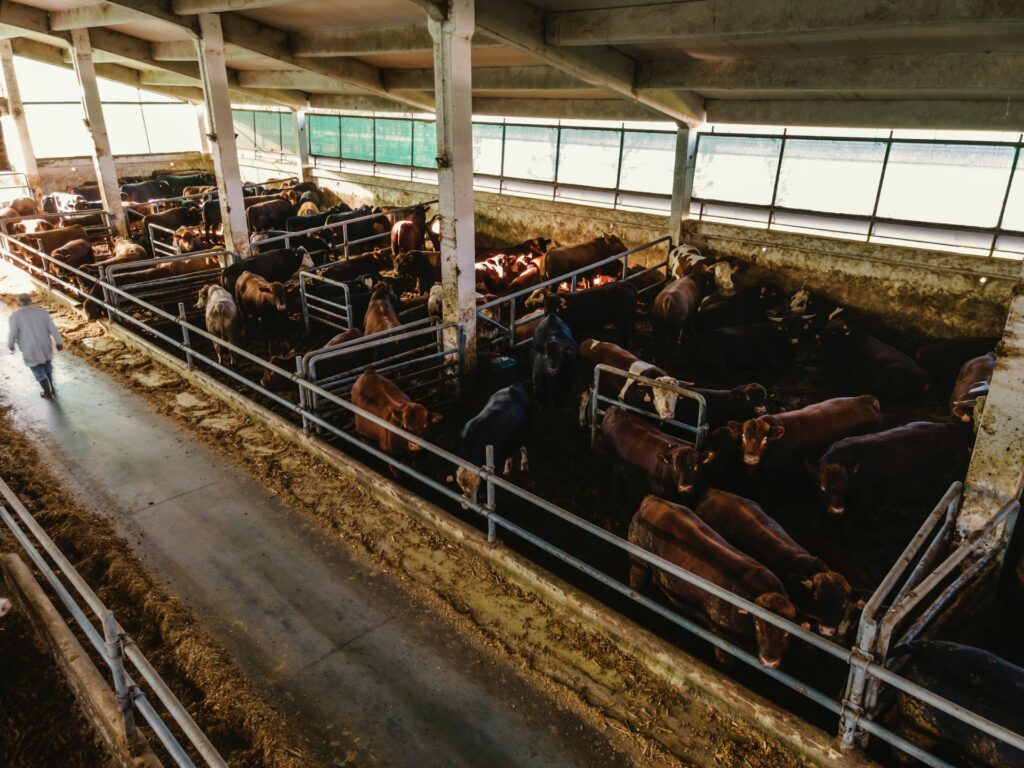
This is a global problem, and it needs global solutions. But there are actions that can be taken at every level, from international agreements down to what we put in our shopping baskets. While the task feels daunting, there are steps being taken, and steps we can take.
Stronger legislation
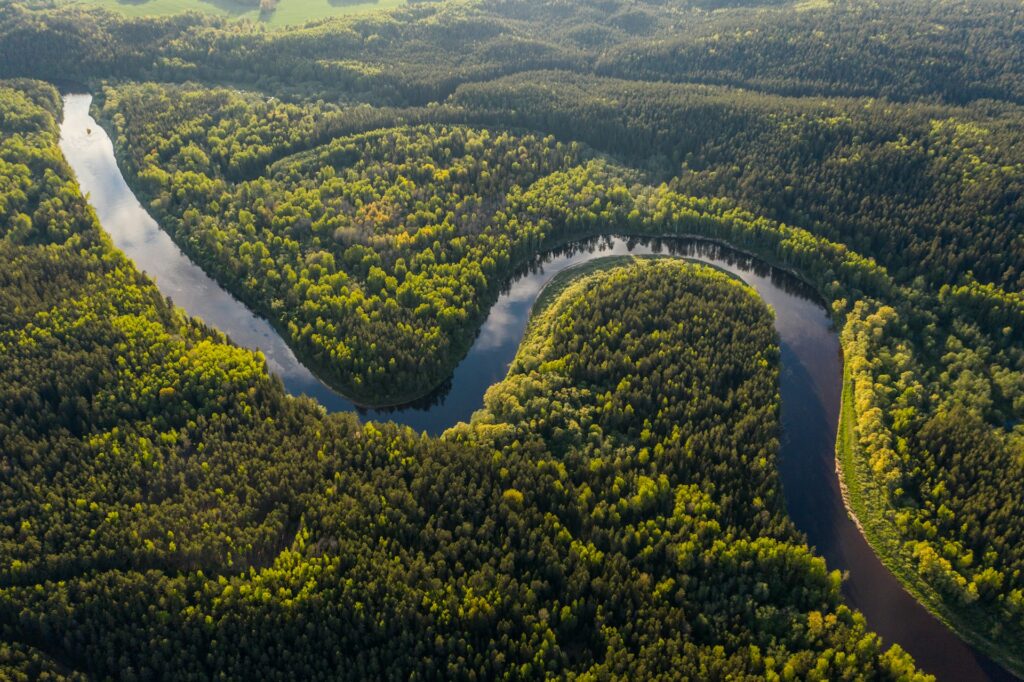
Governments in countries with rainforest regions need to enforce stricter environmental laws and crack down on illegal deforestation. This includes properly funding environmental agencies, enforcing protected area boundaries, and prosecuting illegal operations. There also needs to be more international pressure—trade agreements and funding should be tied to environmental protections. Recent moves by the EU to ban imports linked to deforestation are a step in the right direction. Similar policies in other major economies could help shift the balance.
Corporate accountability
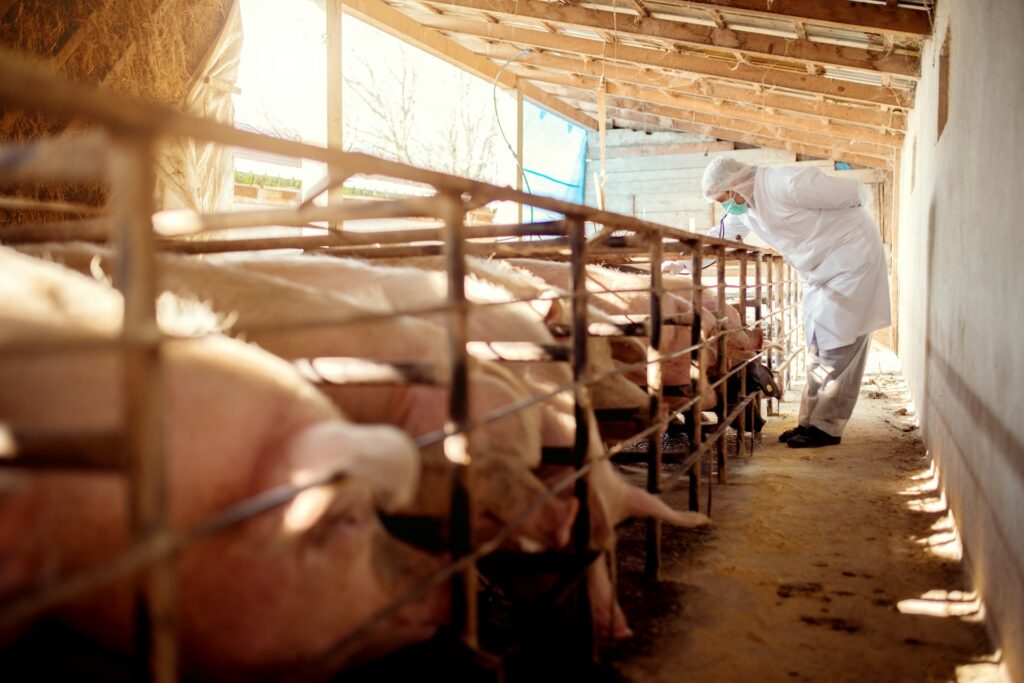
Major food companies and supermarket chains can no longer claim ignorance about where their meat and animal feed comes from. Brands must commit to fully transparent supply chains and stop sourcing products linked to deforestation. Certifications like the Round Table on Responsible Soy (RTRS) and Forest Stewardship Council (FSC) exist, but their uptake is still limited, and they vary in how robustly they’re enforced. Some companies have made pledges, but without regulation and third-party oversight, these promises often fall flat.
Retailers also have a role to play. Supermarkets and restaurant chains can stop buying from suppliers linked to deforestation and instead prioritise more ethical sourcing. Consumer pressure has already forced some businesses to act—it needs to keep going.
Changing diets

Arguably the most effective thing individuals can do is to eat less meat and dairy. Reducing demand means less pressure to clear land for livestock. Even small changes, like switching to plant-based meals a few times a week, can have a big cumulative impact. A report by the University of Oxford found that avoiding meat and dairy is the single biggest way to reduce your environmental footprint.
It’s not about everyone going vegan overnight, of course. It’s about making conscious, informed choices more often. Supporting local, sustainably sourced meat can also reduce reliance on imports tied to deforestation.
Supporting reforestation and indigenous land rights
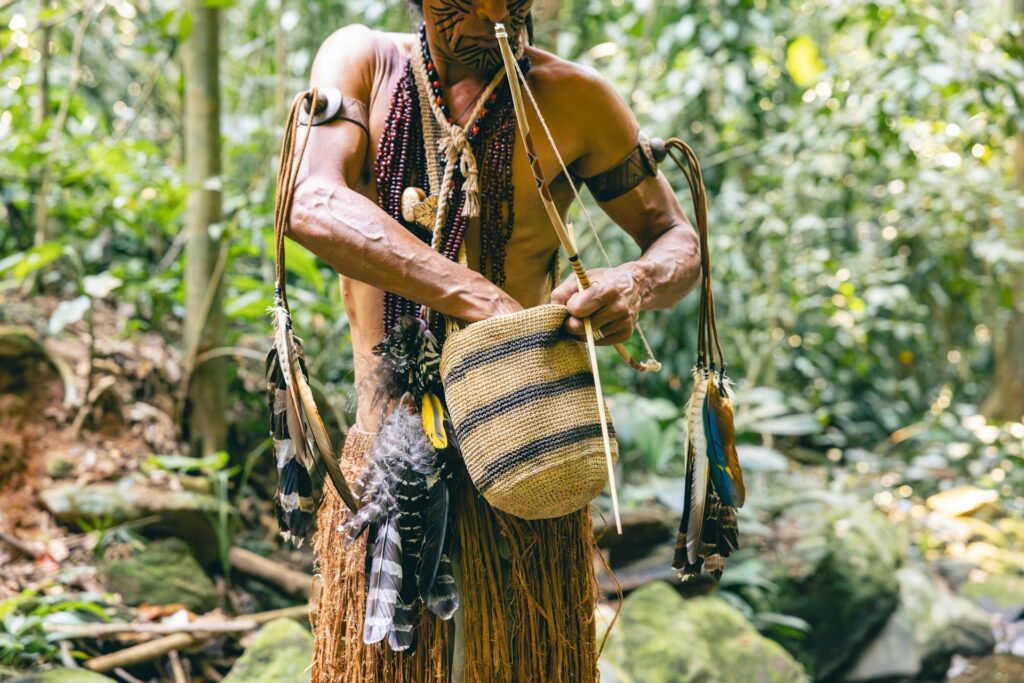
Replanting trees isn’t enough, but it’s part of the puzzle. Supporting organisations that work on reforestation, as well as those advocating for indigenous land rights, helps tackle the issue from both ends: preventing future loss and restoring damaged ecosystems. Indigenous groups have a proven track record of protecting forests, and studies show that land under their stewardship is often better preserved than state-protected areas.
Backing conservation charities, writing to MPs, signing petitions, or donating to credible NGOs can all contribute to long-term change. Policies that protect indigenous territories must be upheld and enforced at every level.
This issue can’t be ignored any longer.
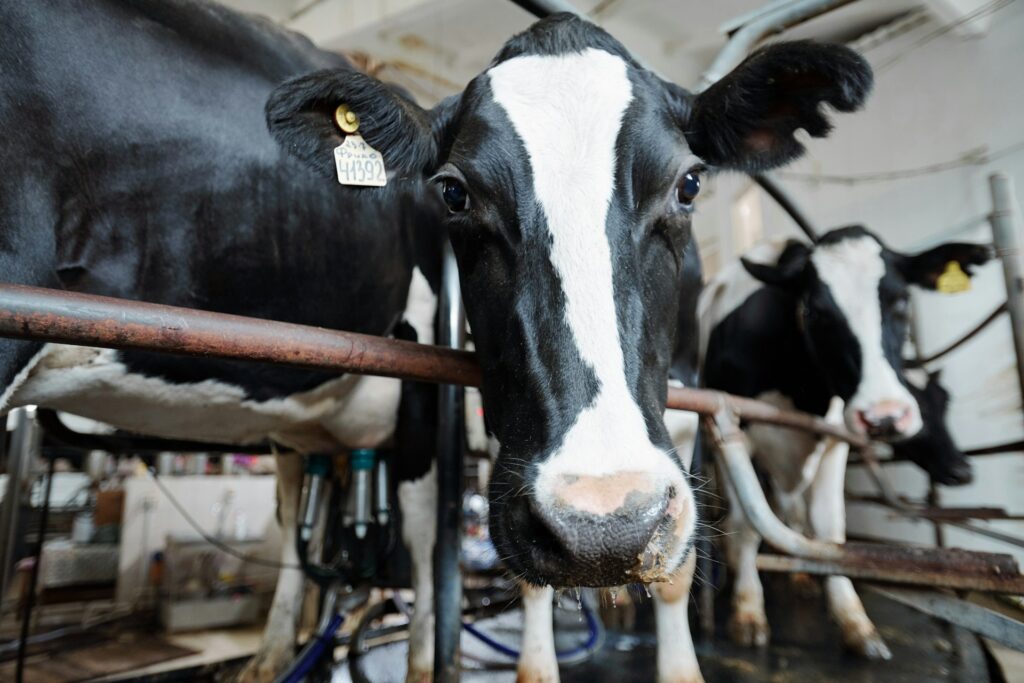
Rainforest destruction might feel far away, but the forces behind it are deeply connected to everyday decisions. Whether it’s the beef in a burger or the soy in a chicken feed mix, the links between our global food system and environmental degradation are increasingly clear.
Stopping the destruction caused by livestock farming means rethinking how we produce and consume food. It means holding governments and corporations to account, and choosing more sustainable options whenever we can.
It also means paying attention not just to what we eat, but where it comes from and who is affected. If we want a liveable planet, protecting rainforests isn’t optional. It’s urgent, and it starts with recognising the scale of the issue and the power we have to influence it. Rainforests are one of the most important ecosystems on the planet. We can’t afford to keep trading them in for cheap meat.